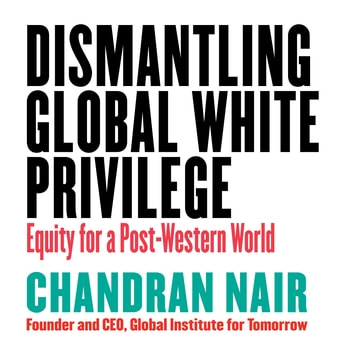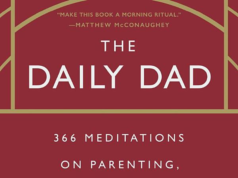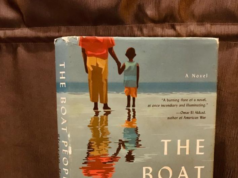When I stride straight past the shelves on Indian or Asian literature at a bookshop, and head straight for the latest offering from Peter Carey or Atwood, as night after night I have read Aesop’s many fables to my children at bedtime, not once have I given much thought to the fact that I knew little of the literature of the culture I was born in.
Surely there must be interesting little anecdotes involving brown skinned, black eyed individuals that I could have regaled my children with, but of these I knew naught. Nor did it cause me any discomfort that I had not read the Mahabharata, after all was it not enough that I had enjoyably plodded through Dostoevsky and Lawrence?
Conversations about the negative effects of colonisation have been ongoing over the years, and the obvious effects on economies and governance structures in many parts of the world can be seen till today. Like the author, a Malaysian, the racial divisiveness that permeates our society till this day can trace its roots to colonial policies of divide and rule initiated centuries ago. Chandran goes into interesting detail as to how the notion of White privilege is contained in the actions of the US and its Western allies to contain the rise of other economies. This pervasive influence, he argues, stretches through all arenas, from international leadership, to historical texts, legal and regulatory systems and even the media, where the discussion in relation to China is particularly interesting.
He cites our own South China Morning Post which like every other publication, has made mistakes in its coverage. Yet, the mistakes made by the SCMP are portrayed not as problems faced by every newspaper but “.. as nefarious acts of propaganda…observers ignore the investigative reporting done by the SCMP and its criticism of both the Hong Kong and Chinese governments”. He argues that the New York Times and other publications are just as, if not more guilty of one sided coverage in their anti Chinese rhetoric. But can this really be looked at through a racial lens? Long before China became the bogeyman of the West, the common enemy was Russia. If this book was written twenty years ago, how would that rivalry fit into this Whites-versus-others category? It would have been interesting, for example, in the discussions on how the media is held to Western ideals, if the book had addressed the US-USSR Cold War. There too the parallel with non Western media viewed as ostensible government propaganda machines could be seen, but versus a fellow ‘White’ nation.
However, as you progress through the book, Chandran pulls the disparate threads together and one gets the full thrust of the extent of this dominance. It is easier to read and argue about the forces of influence on a macro level, than to accept that one’s own dress sense nor even how one’s hair is styled could be ultimately influenced by this sense of Whiteness, or the desire to acquire the privilege that comes with it. The discussions on fashion and sports are fascinating, and lend credence to his bold ideas. Growing up, I certainly never thought it odd that my father and brother would stay up at all hours of the night just to watch Liverpool play. “Millions in Asia have become die-hard supporters of British soccer teams such as Liverpool and Manchester, places that have no cultural and historical connection to them.” Perhaps Chandran is right, that there is more than meets the eye as to why non Western states and institutions so often fail, that there are historical and ongoing stumbling blocks that controversially pit White against non White, his arguments and his ideas going forward certainly make for challenging reading.
If nothing else, it makes us question whether many of our ordinary decisions are influenced by western global dominance that took place long before our time, and continues to dominate the choices we keep making. “It does not matter if you have no interest or zero insights in the literature from the non-Western world, but if you can cite King Lear, you are immediately considered well read, sophisticated, and welcome…Throw in a bit of Tolstoy, Twain, Joyce, Woolf and Nabakov and you are all set.” There is an uncomfortable truth in Dismantling Global White Privilege, whichever side of the colour divide you sit on.





